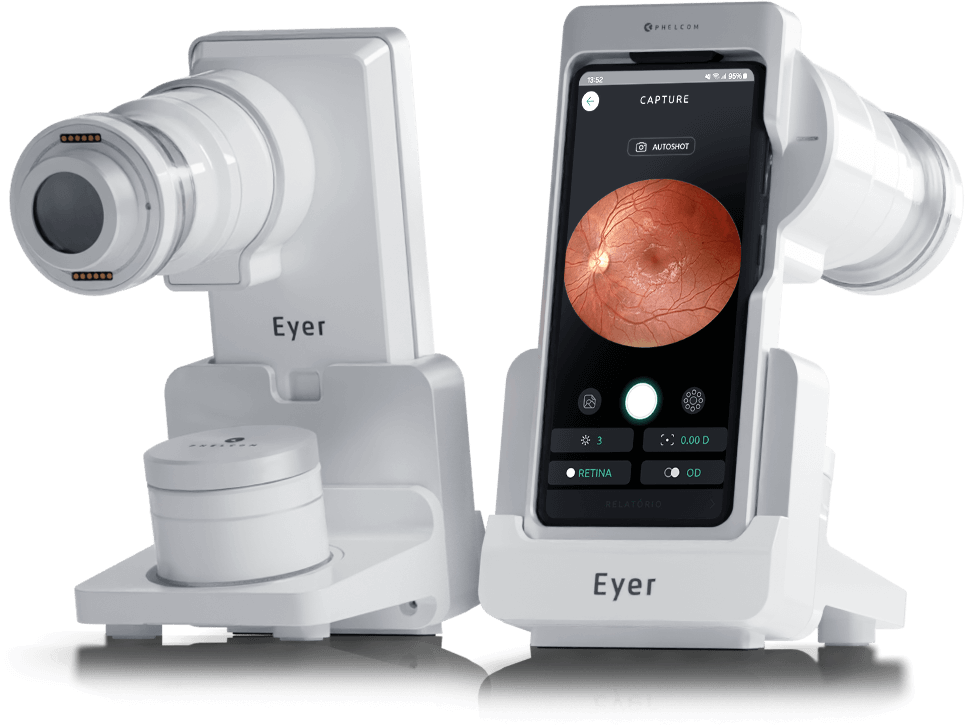Artificial Intelligence (AI), through machine learning technique, uses huge amounts of data to find disease patterns and provide more accurate diagnoses without human intervention.
However, reaching clinical-level accuracy demands analyzing a great volume of information from several institutions. It may come up against issues such as data privacy. Currently, this is one of the major obstacles to the use of AI in medicine. It grows stronger with the General Data Protection Regulation (GDPR).
A new tool called Federated Learning may solve this problem by allowing training with real data, not exposing the information owner.
Learn about federated learning: what it is and how it can boost the use of artificial intelligence in medicine.
Federated learning
In this model, algorithm training occurs in multiple devices or decentralized systems using local data, without sharing it. Once trained, the improved algorithm can be sent to a central server and shared or improved by users from other centers.
Undoubtedly, federated learning is one of the key approaches to ensuring data privacy. This is because it allows the running algorithms collaboratively, without transferring private data to a cloud server.
Moreover, the characteristics of patients, devices used or clinical specializations may influence information from a single medical institution. Providing assertive diagnostics demands a diversified dataset as well, with data regarding different genders, ages, characteristics, and environmental exposures. A large database is essential for that.
Federated learning in brain tumor detection
The Perelman School of Medicine at the University of Pennsylvania (Penn Medicine) in the United States, in partnership with Intel, is leading 29 international health and research institutions in training AI models to identify brain tumors through federated learning.
The study began with a model previously trained with more than 2.6 thousand images from BraTS (Brazilian health technology assessment bulletin), of 660 patients, obtained by MRI. Ten hospitals also collaborated by training an AI model with data from their own patients. After that, federated learning gathered these ten algorithms into a consensus.
The researchers compared federated learning with algorithms trained by only one institution to other collaborative learning approaches. The effectiveness of each method was compared to tests manually analyzed by neurologists.
When compared to a trained centralized-data model that does not protect a patient’s privacy, federated learning had a 99% identical result. Results also indicate that access to more data, from several institutions that respect patient privacy, can benefit model’s performance.
Conclusion
Federated learning assures the preservation of privacy, so it may boost the use of Artificial Intelligence in medicine. In this sense, several researches and companies already offer solutions to health institutions, such as Acuratio.
Reviewed by Paulo Schor, ophthalmologist, free professor and director of innovation of the Federal University of São Paulo (Unifesp) and collaborator of the Faculty of Medicine of the Albert Einstein Hospital.
Follow Phelcom’s blog and stay on top of the main news about artificial intelligence in medicine.




